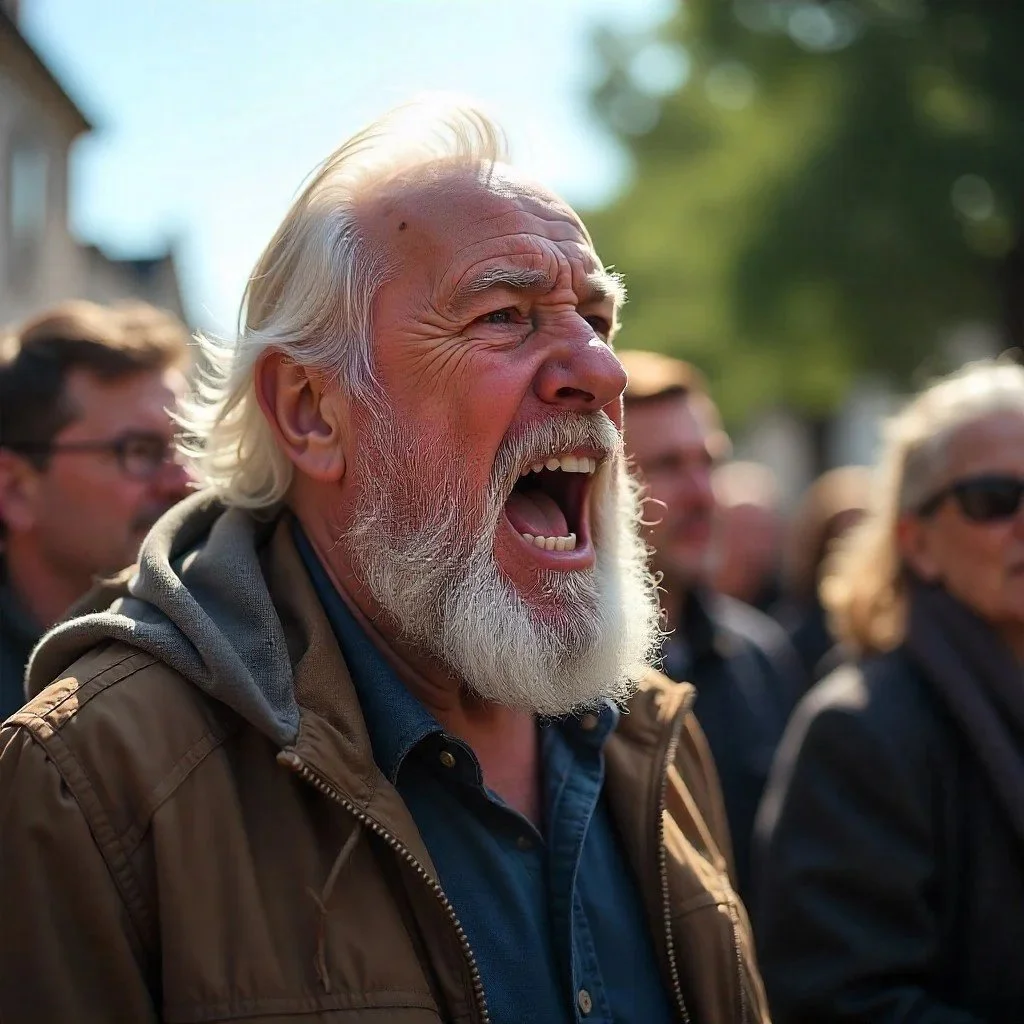Deciding to Live
Written by Rev. Dr. Scott Paczkowski
“Fear not, for I am with you; be not dismayed, for I am your God; I will strengthen you, I will help you, I will uphold you with my righteous right hand”
I have so much respect for the late Jewish theologian Abraham Joshua Heschel, who not only formulated an understanding of God in our world but lived his beliefs with courage, integrity, and wisdom. Heschel was a Biblical scholar and German Jew. He taught Hebrew to some of the most outstanding Christian scholars of the era, including Martin Buber. But, unfortunately, he quickly realized his intelligence and German Christian connections would not be enough to save his life and the Jewish people around him. On October 28, 1938, Nazi agents entered the thirty-one-year-old Heschel’s domicile and deported him to Poland.
In July of 1939, his scholarship paid off, and he was able to travel to London. A month later, Germany invaded Poland, and he could not get his relatives out of the country. They were placed in camps, and many died. In 1940, Heschel moved to the United States and began teaching at Union College in Cincinnati, Ohio. He had to decide how he would face the world amidst tragedy.
In the 1940s and 1950s, Heschel turned his pain into his writing. He wrote many influential books and became renowned around the world in both Jewish and Christian circles. One of the most famous Christian theologians of the period, Reinhold Niebuhr, honored Heschel’s scholarly influence.
Rather than live in bitterness, Abraham Heschel chose to reach out to a world in need of divine reconciliation. Heschel used his knowledge for ethical transformation and made a lasting difference. Today, consider the ways you have been wronged. Then, prayerfully reflect on how you responded. Did bitterness overwhelm your heart? Were you able to step beyond the cynicism and make a positive difference? If so, how? Finally, pray for God to bless you with ongoing resilience so you can continue to make the world around you a better place. Abraham Heschel is just one of the millions of examples of those who did not let injustice define him. Ask God to let you follow that same faithful example.










